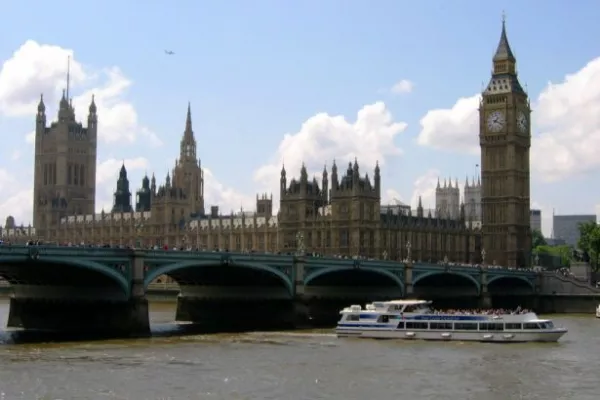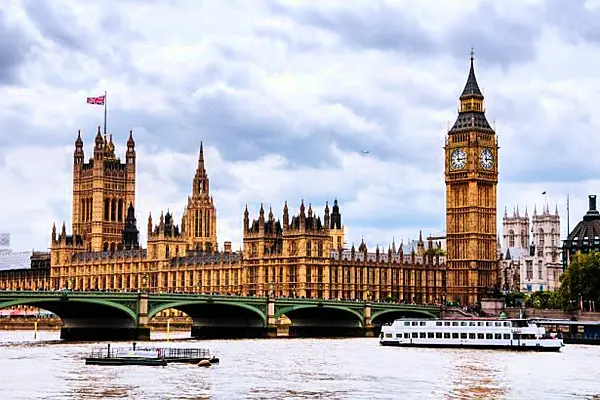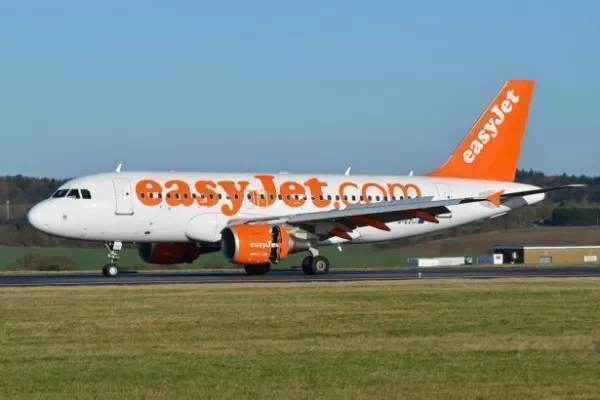U.K. inflation accelerated more than economists forecast in June boosted by airfares on trips to continental Europe.
The rate rose to 0.5 percent from 0.3 per cent in May, the Office for National Statistics said in London on Tuesday. Economists had expected 0.4 per cent, according to the median estimate in a Bloomberg survey. Core inflation, which excludes volatile food and energy prices, strengthened to 1.4 per cent.
Airfares jumped 11 per cent in June from May, partly due to the Euro 2016 football championship in France, which saw England progress to the second round of the tournament before losing to Iceland. The ONS said the rising cost of oil also helped to “nudge up” the index.
The data were largely collected before June 23, when Britain voted to quit the European Union, so the recent drop in the pound isn’t captured in the numbers. The only data partially gathered after that date were motor fuels, which are based on an average for the month. The July release, set to be published Aug. 16, will be the first to cover the post-referendum period.
From the previous month, consumer prices rose 0.2 percent in June. Based on another measure, the RPI, prices rose 0.4 percent on the month and 1.6 percent from a year earlier.
BOE Debate
Bank of England policy makers surprised markets last week when they kept their key interest rate unchanged, instead suggesting they might act in August when they’ll also publish new growth and inflation forecasts.
BOE officials have said the sharp drop in the pound in the wake of the Brexit vote will put upward pressure on inflation in the short term, though they have differing views on the medium term.
Gertjan Vlieghe said that even before the referendum, he was concerned the economic outlook might not be strong enough to return inflation to the BOE’s 2 percent target “over a reasonable period of time.”
In contrast, Martin Weale on Monday pointed to improving wages and weak underlying productivity growth, saying they suggested that some inflationary pressures were starting to build before the referendum.
News by Bloomberg, edited by Hospitality Ireland









